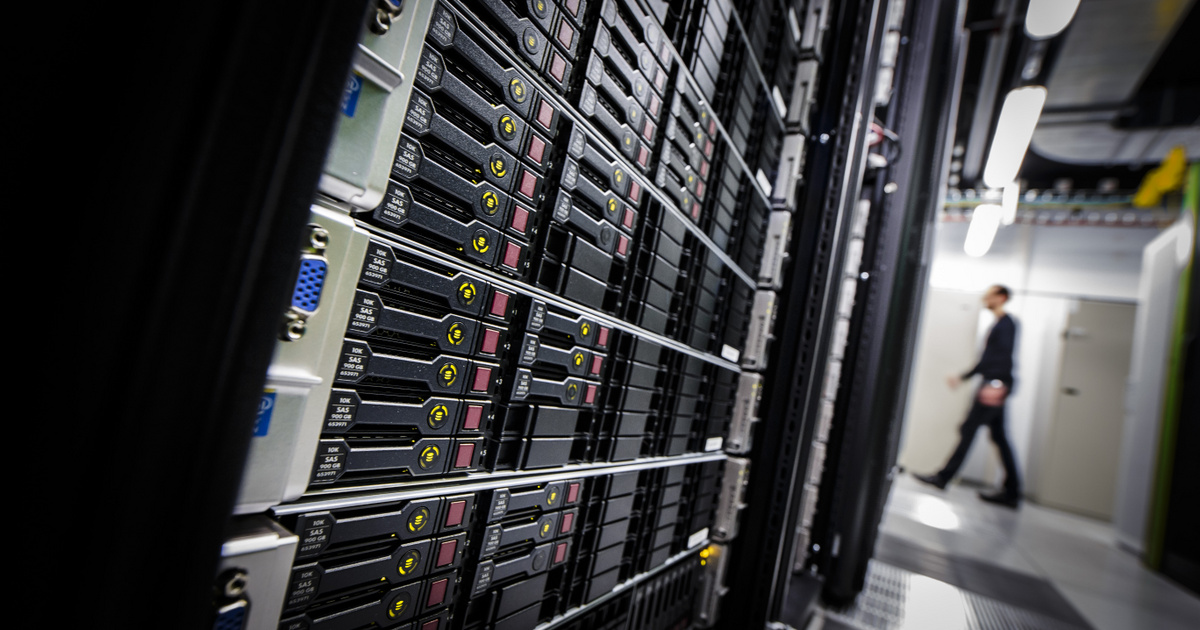European companies have seriously investigated whether space-based data centers could be economically viable, and have concluded that the business model could generate billions of euros in benefits by 2050, The Wall Street Journal reported.
The study on implementation and sustainability was supported by the European Union. The plans were drawn up by Thales Alenia Space, a joint venture between two major European arms manufacturers, France’s Thales and Italy’s Leonardo.
As usual for such programs, the name, which serves as an acronym, is complicated, but worth explaining, because it says a lot about the idea. Its name is Ascend, which means ascent and covers the Advanced Space Cloud password for European net zero emissions and data sovereignty, i.e.
Advanced space cloud service delivering zero emissions and data independence to Europe.
Data centers are the essential infrastructure elements of the digital age, equipped with special cooling systems, air conditioning, security and fire protection systems, and computers. They have been known since the beginning to consume an unforgiving amount of energy, which can be a serious environmental problem – and with the advent of cryptocurrencies and artificial intelligence, this problem has become absolutely inevitable.
According to the International Energy Agency, data centers were responsible for 0.6% of greenhouse gas emissions — 0.9% if you look at energy-related emissions alone.
There is no night sky or clouds in space, and solar energy production is so much more efficient that serious consideration has been given to installing solar power plants in space (only the transmission of the energy produced is problematic). Although solar panels degrade faster in space than on Earth, they still work for decades and are usually the last functional parts of spacecraft. From this point of view, a floating data center in space is not a bad idea at all, if we also consider that there is no need for a fenced green field or hall.
At night on top of the mosque
Thales Alenia Space stressed that there is no need for water cooling in space either. This is certainly true, and it is also a valid point when considering the disadvantages of space. The first is that although space is dark and cold, it is not easy to cool things down here because there is no medium. Since there is no air or water to transfer heat, large radiators must be installed, which release waste heat in the form of infrared radiation. Servers certainly generate heat, so cooling was and still is a serious challenge.
In addition to thermal radiation, there is cosmic background radiation. We get a little of it on the surface, and a lot more in space. The rays hitting the device reset the bits and cause more data errors. Also, astronaut system administrators do not travel to the data center floating in space. If the rack is fried, it will not be replaced. The data center is thought to be a constellation of several elements, some of which will operate for half a decade.
In addition to the delayed signal due to heat, radiation, inoperability and geosynchronous orbit, the question is how much air pollution will be reduced if the devices are launched into space. According to various calculations, half of the carbon dioxide emitted by the launch vehicle is eliminated. According to the study, it is important to use a less polluting launch vehicle – the ULA Delta IV rocket, whose RS-68 engines run on liquid hydrogen and oxygen, could be suitable for this purpose.
According to expert commentators, if we want to protect the environment in a cost-effective way, it is better to build data centers deep in the sea, where turbines driven by ocean currents provide electricity and cooling. Of course, this solution is also overly optimistic in some places, especially when you consider the notoriously large carbon footprint of shipping.
Before getting lost in circular footprints, it is worth remembering that in addition to protecting the environment, the objectives also include the protection of European data and European sovereignty. The latter is an international political issue and fits into the trend in which the continent can rely less on the military protection of its ally the United States. From this point of view, it seems that the French and Italian arms manufacturer could make an offer to develop very new infrastructure and technical capabilities, which it is certain to intend to buy.
(MSN)














































